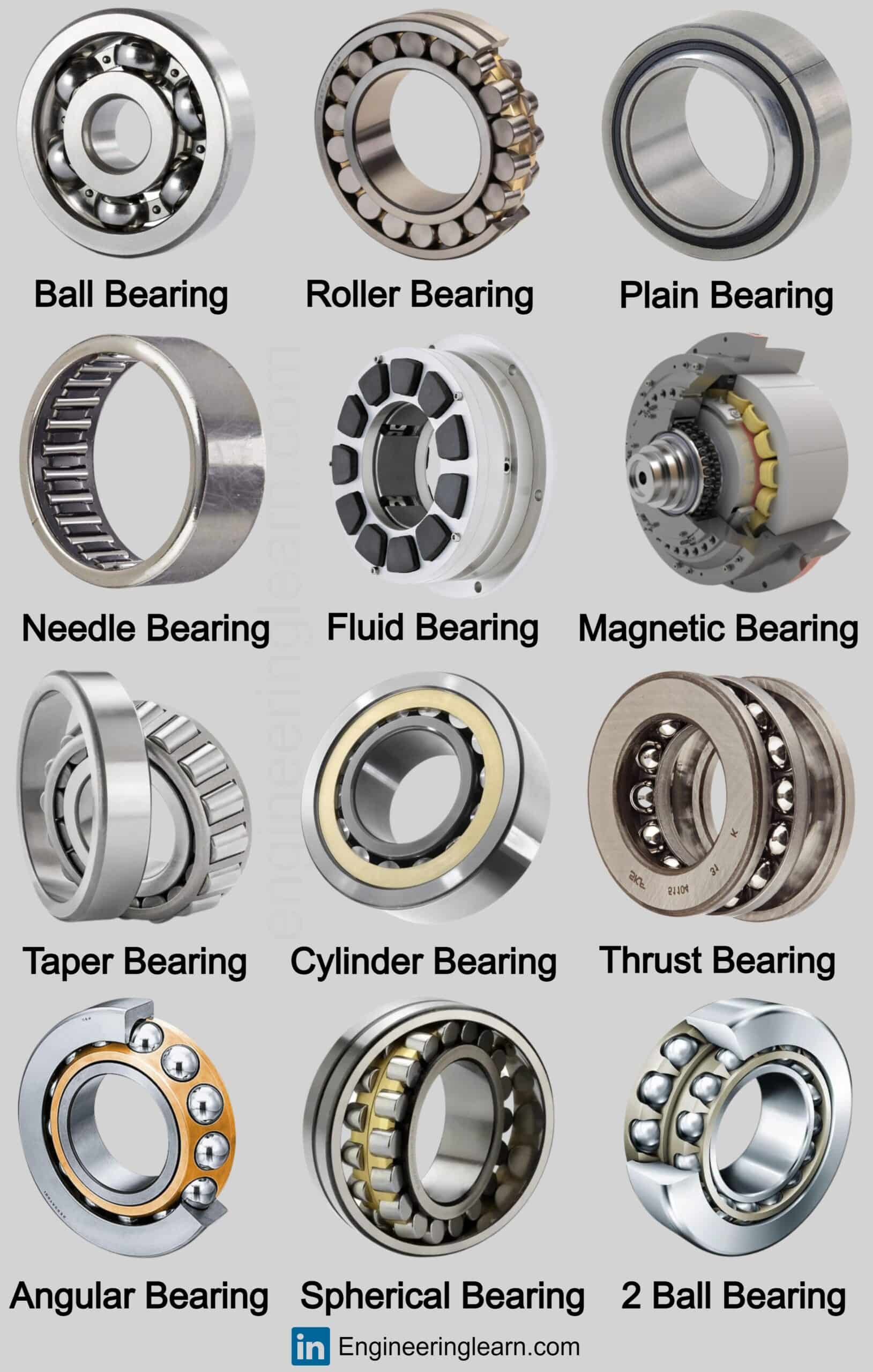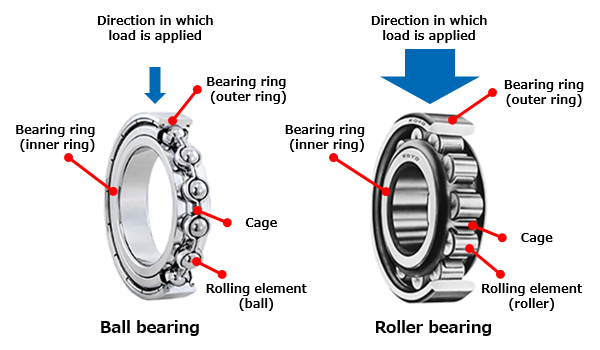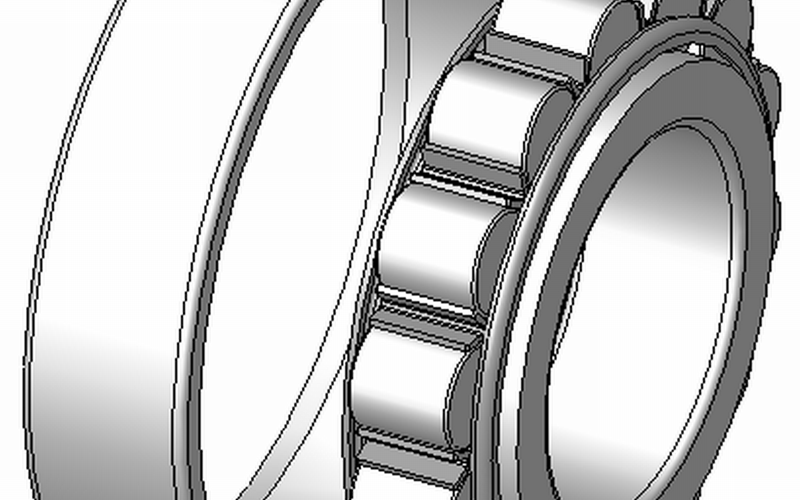Types of Bearings and Their Applications
Por um escritor misterioso
Descrição
Bearings are mechanical components that reduce friction between moving parts and support loads. They come in various shapes and sizes, and each type has unique features and applications. In this blog post, we’ll discuss the most common types of bearings and their applications to help beginners understand their functions and uses. Ball Bearings: Ball bearings …

Types of Bearings Uses & Working Mechanisms Explained

Common Applications of Deep Groove Ball Bearings

Types of roller ball bearings and their applications

Flange Bearings Applications and Common Bearing Types - Locate Ball Bearings

Ball Bearings: Types, Design, Function, and Benefits

Types of Bearings: Definition, Function, Uses, Advantages & Disadvantages [Explained] - Engineering Learn

Choosing the right bearing - Buying Guides DirectIndustry

Types of Bearings and Thier Applications - JVN Bearings FZE

Rotary bearings: Summary of types and variations for motion applications

Different Types of Bearings and Their Uses Metal working tools, Mechanical engineering design, Engineering tools

Different Types of Bearings and Their Features - WayKen

Different Types of Bearings Used in Rotating Equipment and Their Maintenance Requirements

What Are Cylindrical Roller Bearings - Ritbearing Corporation

Automotive and industrial machinery, Ball bearing to enable smooth rotational motion and minimize friction
de
por adulto (o preço varia de acordo com o tamanho do grupo)







